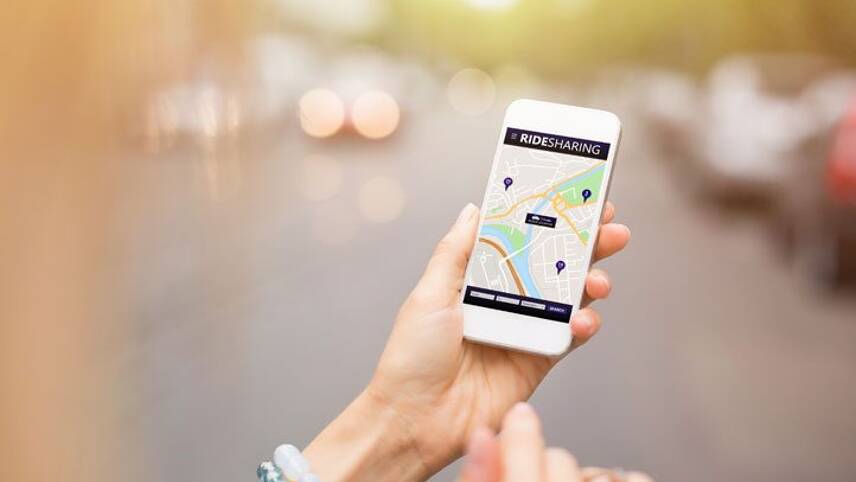Register for free and continue reading
Join our growing army of changemakers and get unlimited access to our premium content

The manifesto commits the organisations to help cities build safe
Through the networking platform Polis, the chief executives of Arrival, Aurora, Lilium, Lime and Uber have jointly supported a new “sustainable urban manifesto” that calls on the businesses to reach zero emissions by 2035, while also increasing the uptake and access of shared mobility and public transport.
The manifesto commits the organisations to help cities build safe, smart, sustainable and more accessible urban and regional mobility networks. It specifically calls for “full decarbonisation of mobility networks by 2035 at the latest” and that the organisations should work with cities to increase ride-sharing access. A goal is also included to make electric and shared mobility more affordable than owning a car.
Polis’ secretary general Karen Vancluysen said: “Cities and regions are firmly committed to making urban mobility more sustainable and acting as major engines for the transport transformation we urgently need. We strongly believe in the potential of mobility innovations which are aligned with local policy goals, to jointly reach European targets and make cities and regions better places to live in.
“Dialogue and cooperation between the public and private sector will be key in tackling the major challenges we face and in capitalising on the momentum offered by Covid-19 to accelerate the transition.”
The businesses will also work with European policymakers to help improve the development of safety-based regulations that could allow for the introduction of autonomous vehicles and flying taxis on a wider scale.
The manifesto commits each signatory to work in partnership with cities to help the European Commission meet the commitments of its Smart and Sustainable Urban Mobility Strategy, Green Deal and Fit for 55 packages ahead of time.
Global traffic emissions look set to rise by 16% by 2050 based on current policies, as demand for transport activity doubles. The International Transport Forum’s (ITF) Transport Outlook 2021 report notes that this would deliver a 16% rise in emissions from traffic-based transport alone compared to 2015 levels.
T&E’s executive director William Todts said: “Europe must take the lead in achieving zero-emissions mobility. In cities, we need to reduce reliance on private cars and make sure the remaining ones are emissions free.
“Europe’s plan to require 100% electric car sales in 2035 is welcome but a clever strategy is not just about electric cars, but about rapidly boosting electric kilometers. What we expect from Europe is an ambitious roadmap to shift to fully zero-emission urban fleets by the middle of this decade.”
Addison Lee
In related news, London’s largest transport provider, Addison Lee, has announced plans to fully transition to electric vehicles (EVs) by 2023.
The company will invest £160m over the next two years to switch its fleet of 4,000 vehicles to EVs. The initial rollout will begin in November 2021, adding 200 fully electric vehicles into the fleet every month from this point onward.
Addison Lee has also invested in a Future of Mobility Fund to provide £3.5m to support drivers with charging infrastructure and carbon offsetting for those waiting on EVs while the transition is underway.
Addison Lee’s chief executive, Liam Griffin, said: ‘‘As the transport provider of choice for many businesses and passengers, we know that we play a critical role in London’s transport network. Over the years, we have invested in our vehicles and technology to ensure we do all we can to make London a greener place.
“We are now going even further, by partnering with Volkswagen to invest in a rapid transition to electric. In doing so, we can help more businesses reduce their carbon footprint and give passengers greater access to green, safe and premium transport options as life gets back to normal.’’
Matt Mace


Please login or Register to leave a comment.